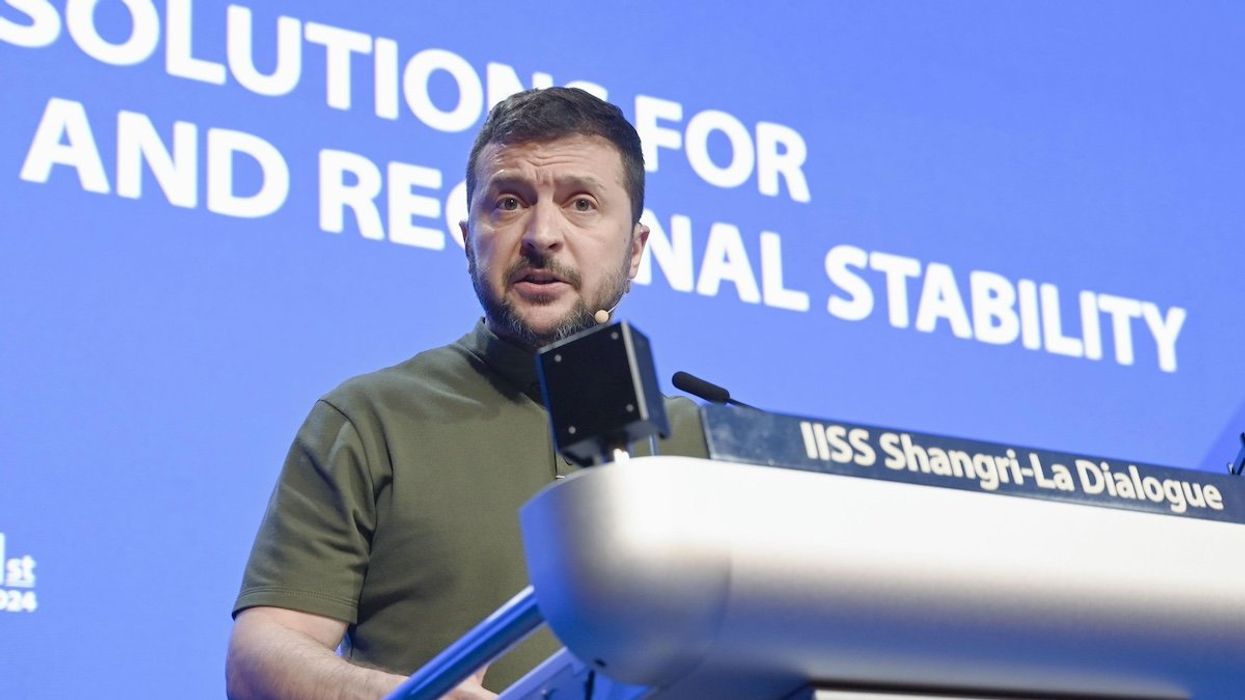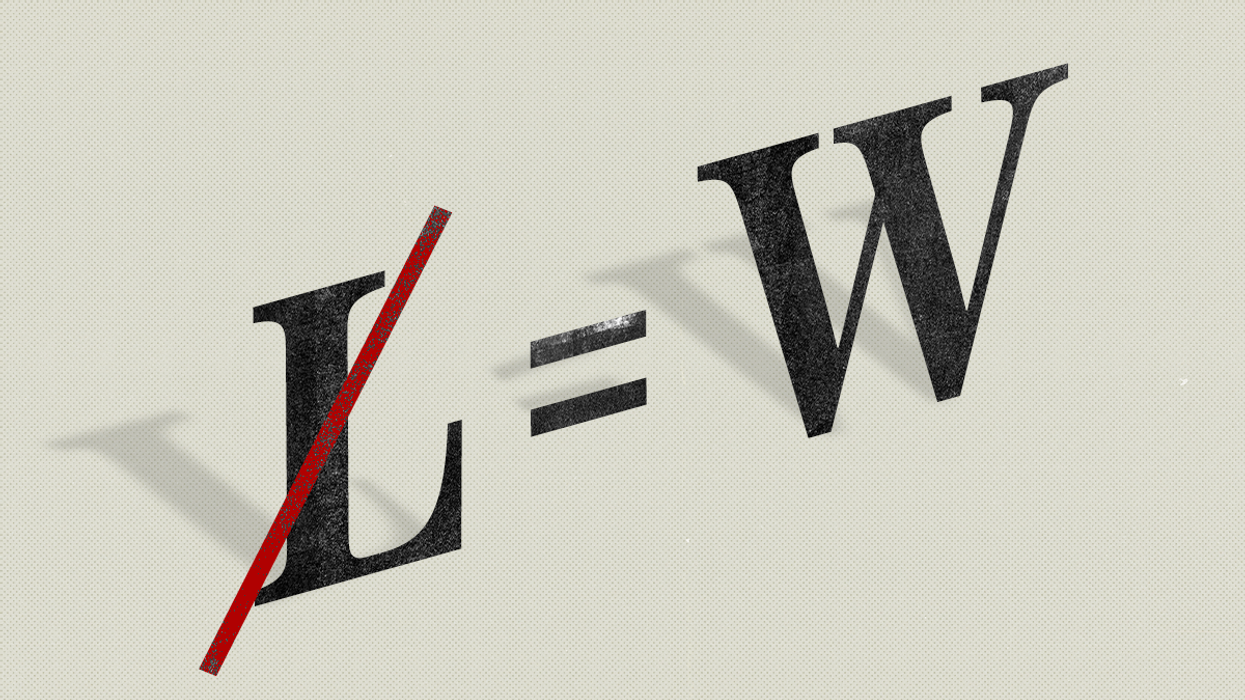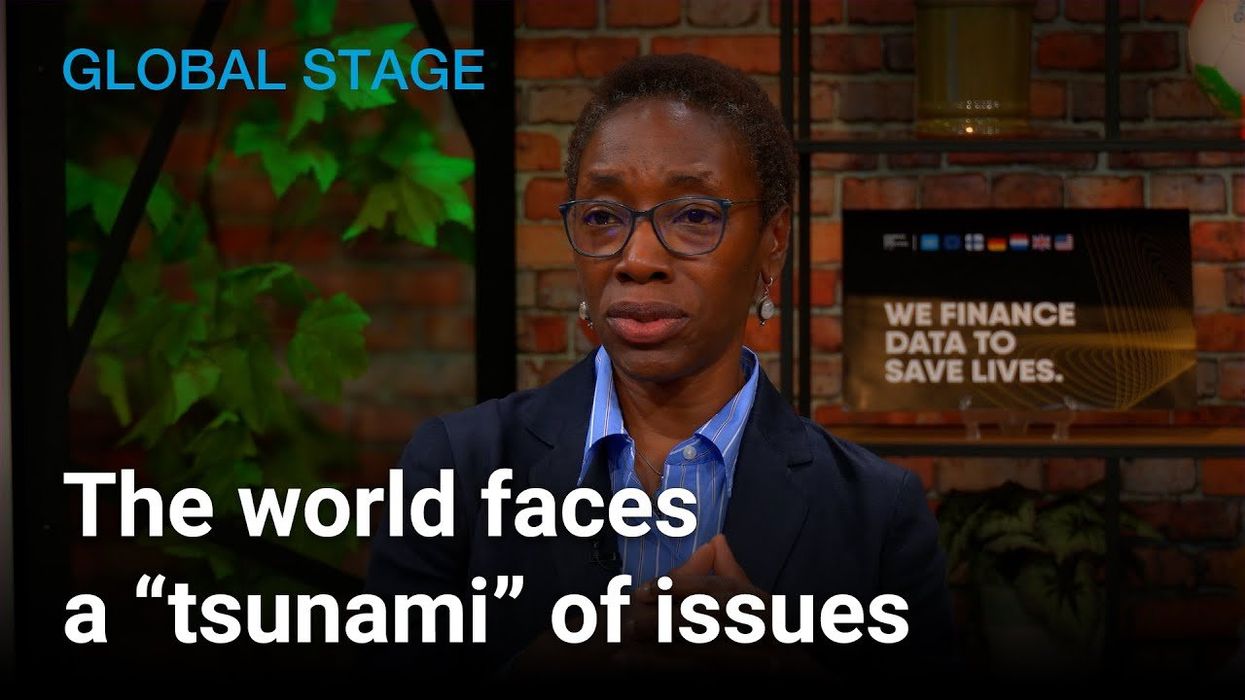What We're Watching
Et tu, Beijing? Zelensky accuses China of sabotaging Ukraine peace summit
Ukrainian President Volodymyr Zelensky crashed China’s party during an unscripted appearance at this weekend’s Shangri-La Dialogue in Singapore, accusing Beijing of undermining an upcoming peace summit on the war in Ukraine.
Jun 02, 2024



